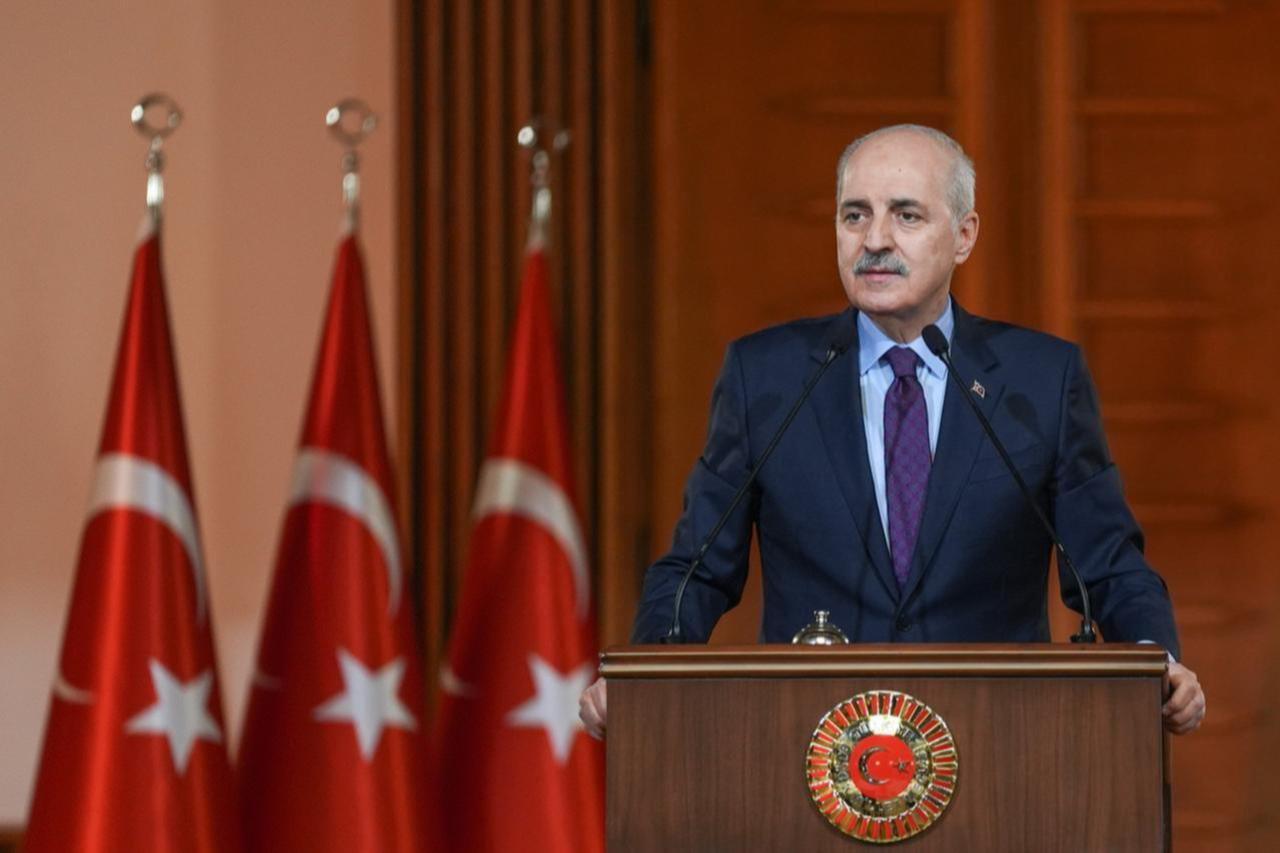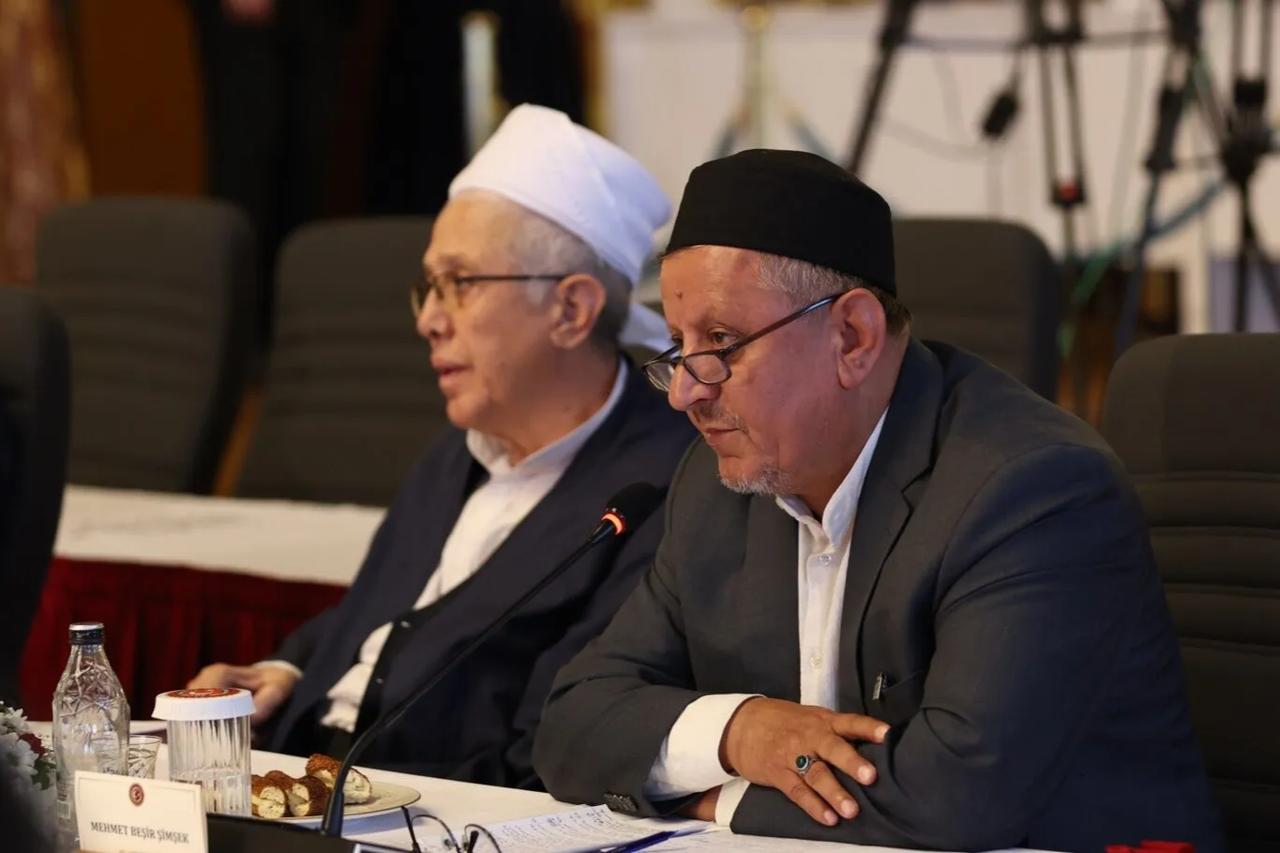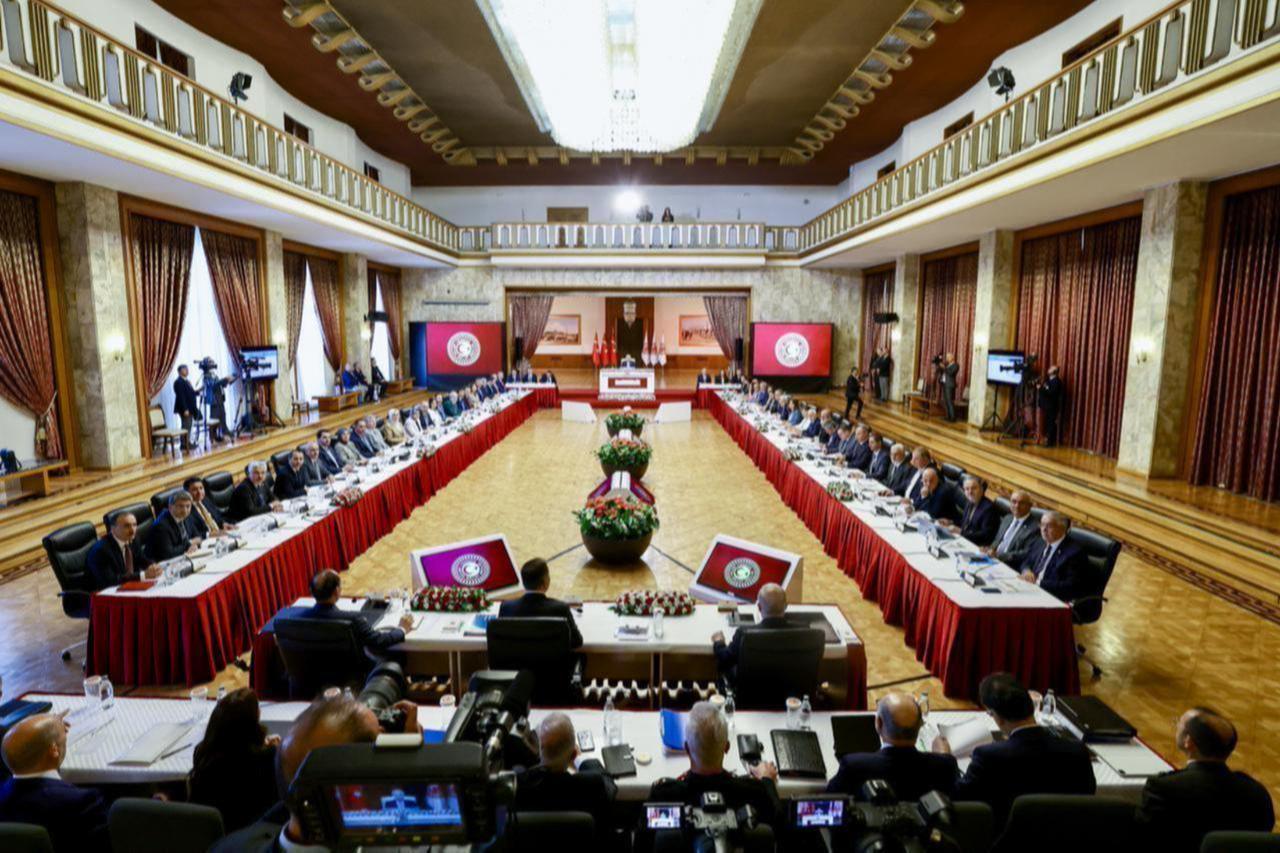
A parliamentary commission established under the banner of “national solidarity, brotherhood, and democracy” faced its first serious confrontation this week. The initiative, widely referred to as the “commission for a terror-free Türkiye,” aims to bring together political parties, civil society organizations, and victims’ groups to explore pathways for peace and coexistence.
But on Tuesday, discussions spiraled into chaos after the participation of a controversial nongovernmental organization (NGO) with historic ties to the Kurdish Hezbollah movement.
Although their names are similar, the Kurdish Hezbollah and Lebanese Hezbollah are two entirely separate and distinct organizations with different ideologies, goals, and operational bases.
Kurdish Hezbollah is a Sunni militant organization that was active in southeastern Türkiye, primarily during the 1990s and early 2000s. Its primary goal was to establish an independent Kurdish Islamic state in southeastern Türkiye, a vision that often put it in direct conflict with the PKK terrorist group.

The immediate source of tension was the invitation of Mehmet Besir Simsek, deputy head of The Islamic Society for Da'wah, Education, and Scholarship—a group with roots in the Kurdish Hezbollah network notorious for extrajudicial killings in the 1990s.
While a wide array of southeastern civil society organizations were present—including business and women’s associations—Simsek’s testimony eclipsed the broader agenda.
Simsek criticized both the state and the PKK for decades of violence, arguing that Islam itself had been undermined by abuses committed in the name of national unity as well as by Kurdish armed movements. He cited forced assimilation policies such as the suppression of Kurdish language and nationalist slogans in schools, before pivoting to condemn the PKK for targeting imams in the southeast during the commission.
His comments took an even sharper turn when he noted that no non-Muslims, particularly Assyrian Christians, had been targeted by the PKK, contrasting this with attacks on mosques and clerics. The framing immediately escalated the atmosphere inside the hall.
The first reaction came from Fethi Yildiz, deputy chair of the Nationalist Movement Party (MHP), who accused Simsek of using his invitation as a platform to insult the military, police and state institutions.
Saruhan Oluc of the Kurdish-oriented Peoples' Equality and Democracy Party (DEM Party) responded with outrage, declaring that “this language cannot make peace” and accusing Simsek of feeding on bloodshed. The exchange quickly devolved into mutual recriminations, with MHP members countering that the DEM Party was attempting to whitewash PKK violence.
The session collapsed when DEM deputies walked out, followed by two members of the main opposition Republican People’s Party (CHP), Salih Uzun and Umut Akdogan. The dispute was so intense that even attempts at mediation by another CHP deputy Sezgin Tanrikulu failed to prevent the walkout.

Parliament Speaker Numan Kurtulmus intervened to calm tensions, stressing that while every group should be heard, re-litigating past atrocities would derail the commission. “A great distance has already been covered,” he said, urging participants to choose their words carefully and avoid reopening old wounds.
Kurtulmus later reiterated that the shared Muslim identity of Turks and Kurds should serve as the foundation of solidarity. He categorically rejected any rhetoric or actions that would undermine this unity, framing the commission as an attempt to build a Turkish model of reconciliation rooted in local dynamics rather than imported Western peace frameworks.
Kurtulmus has repeatedly argued that Türkiye needs a unique peace process that accounts for its own history and realities. Scholars like Alpaslan Ozerdem, who has written on indigenous peace models, have emphasized the need for locally tailored frameworks, noting the poor track record of externally imposed solutions.
Another layer of the debate involves the legal foundation of any potential reconciliation framework. Talha Kose, head of the National Intelligence Organization’s (MIT) academy, has suggested that a special law may be required to give the process legal clarity. The idea echoes recent proposals by presidential legal advisor Mehmet Ucum for a time-limited and goal-specific statute, rather than a blanket amnesty law.
So far, the CHP has not strongly opposed such an initiative, signaling potential political space for legislative innovation if cross-party consensus can be built.
The commission’s fragile progress also intersects with regional developments. Policymakers in Ankara are increasingly aware that any domestic disarmament process will run parallel to negotiations involving the YPG/PYD and the Syrian government.